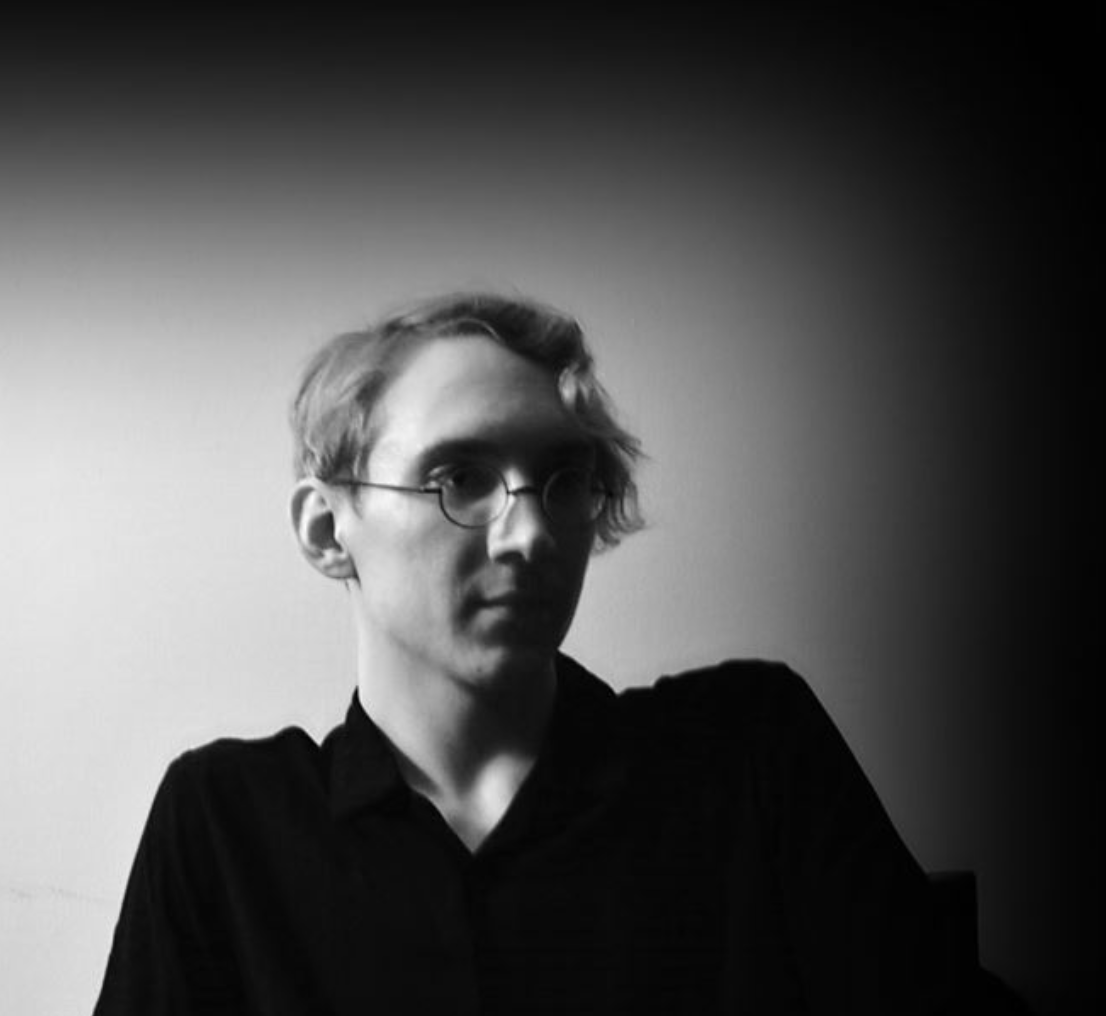Examining the natural world, how we’re raised as kids, and more in this thrilling new novel.

Panther Gap by James. A. McLaughlin. Flatiron Books. pp.368. $28.99.
Konstantin Rega: Following your bestselling debut, Bearkskin, where did your new book Panther Gap come from?
James A. McLaughlin: This book evolved over four or five years. The characters are based on a dream I had a long time ago about a boy, a girl, a scary dad, a weird brother, and a caustic uncle—basically the cast of Panther Gap.
A few years later, I read a book by nature writer Barry Lopez, Of Wolves and Men. I love all his books. Lopez writes about this guy, Friedrich Remmler—a German outdoorsman adventurer in the 19th-century mold. He had the idea of training an eagle to hunt wolves. He dressed his servants’ children up in leather armor with skins of raw meat tied on their backs. Lopez dropped the topic, but I thought: “How do those kids turn out?”
And when getting ready to publish Bearskin, the publisher asked about the next project, so I took those ideas for the book. Once you get going—and your characters are developed—they kind of take off. It’s this weird phenomenon where they start doing things on their own that surprise you.
I find it interesting when writers say their characters are alive and do things on their own.
Yeah, it’s funny. When you live with these characters enough, they kind of develop in your subconscious and seem to do things on their own. It’s not really some supernatural muse perched on your shoulder telling you this and that. It’s like their avatars are alive in your subconscious.
What sort of themes were you focused on writing about in Bearskin versus Panther Gap?
Panther Gap was a bigger canvas with more characters and a deeper dive into the childhood development of the two main characters. And so the themes kind of expanded.
What is it to have a legacy foisted upon you by your family? How do different people respond to it? There’s also the Western approach to “ownership of land.” Then, how do we deconstruct that idea that people grew up with?
One writer I read a lot is Paul Shepard. He talks about how humans have evolved to have a specific maturation process, and that there’s a “good way” to grow up. This is the way hunter-gatherer cultures raised people for thousands of years before the advent of agriculture and civilization. Nowadays, he says the maturation process has been messed up.
So I wanted to take those already fairly extreme, interesting ideas and put them in Leo’s, the father’s head and have him try to raise his kids in that way—on his remote ranch. Then we see what happens.
In Bearskin, I originally explored those ideas, too. But in the revision process most of it was cut out, only implied. That stuff’s much more explicit in Panther Gap, because I have the characters discussing and arguing about it. Talking about these ideas in isolation, they sound pretty crazy—nothing you’d ever want to read about in entertaining fiction. But in this book, they create a structure.
What do you want your audience to get out of it?
First and foremost, I want them to be able to read it with enjoyment and feel like they’ve had an emotionally vibrant experience. With Bearskin, many people told me they wanted to pay more attention to the natural world after reading it. They were interested in observing not just the animals they can shoot or catch but the whole panoply of creatures in the ecosystem.
And I love that people take seriously some of the worldviews in Panther Gap, thinking about how Leo engages with the world as well as his children’s interactions with it. I wouldn’t expect any reader to go, “I’m going to be like that.” But I hope they consider those perspectives and see if there’s any sort of consciousness-expanding potential there.
So what actually got you into writing?
I had the wonderful good fortune to spend my childhood on a farm. My parents started a summer camp there back in the ‘50s. I spent my time reading or playing in the creek. At the time, my wife and I were living there in Rockbridge County. This place is sort of the home of my heart.
But reading as a kid, I got so excited and start acting out the stories. At a fairly early age, my brother gave me Tarzan of the Apes. So I immediately, you know, started running around with my shirt off with a headband and carrying knives.
Then in high school, I read Ernest Ernest Hemingway’s Green Hills of Africa. And I’m like: Man, this guy, he got paid to go on safari and write about it. That’s the life for me, I thought. That was my idea of what it’s like to be a writer. It has been transfigured pretty violently since.
I went to law school. But after about a year and a half wearing a suit to a big office tower in downtown Richmond, I quit and pursued an MFA at UVA in the creative writing department.
Are you working on anything new?
I’m probably a fifth of the way into it. It’s a more direct sequel to Bearskin. It’s all set in the mountains of Virginia, like Bearskin.
With my books, it’s really interesting to see what different people come away with and what they’re not. And some of it surprises me.
Get a copy at The Bookshop.








